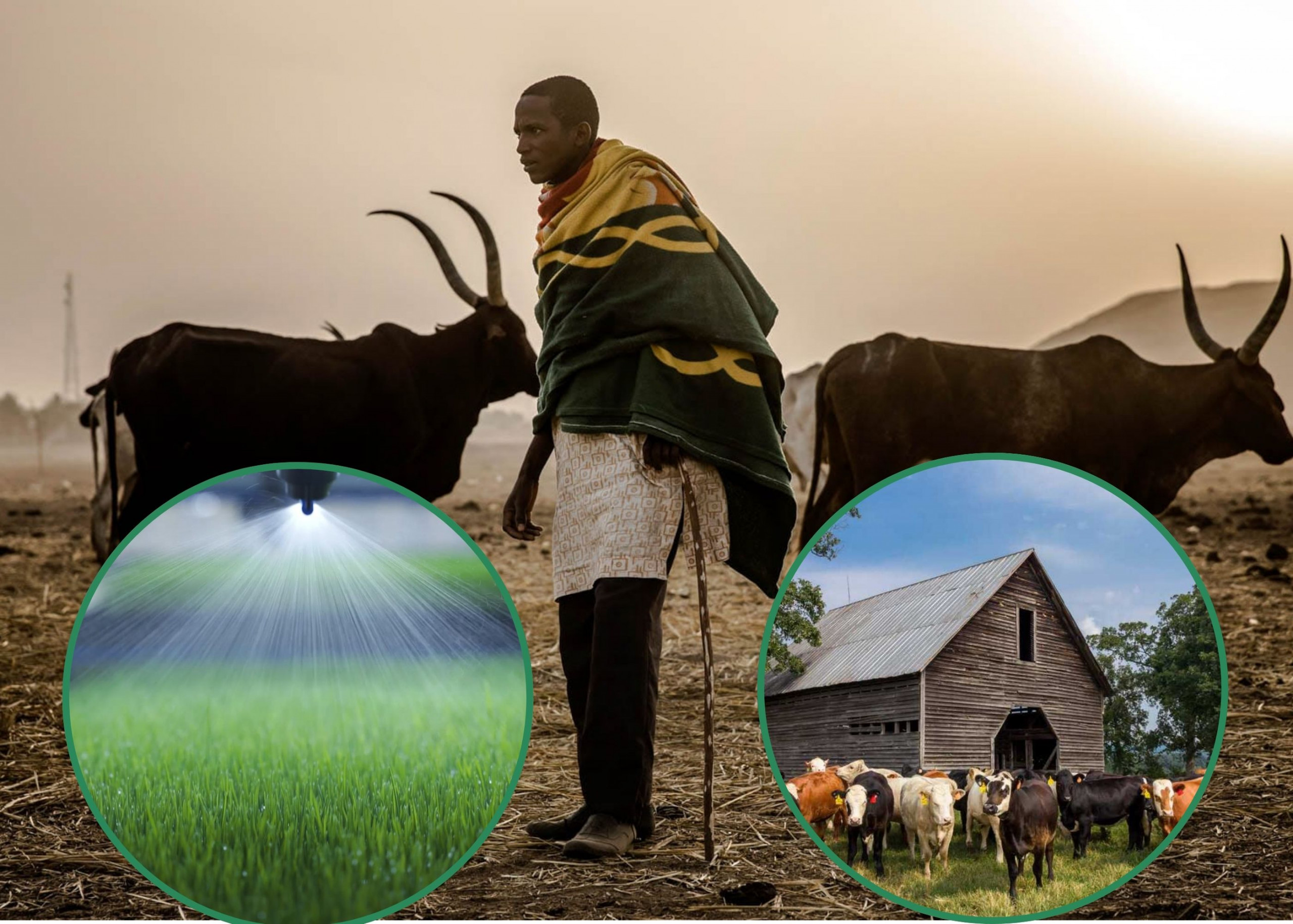News in brief:
– Kano State will host a workshop to discuss the success of its $90 million agro-pastoral development project and explore its potential replication.
– Former President Olusegun Obasanjo will chair the event, and representatives from various countries and organisations are expected to attend.
Kano State is set to hold a workshop on the success of a pastoral development project in the state and look at ways similar initiatives can be replicated in other states of Nigeria.
According to the news report, the country’s former president, Olusegun Obasanjo, will chair the occasion.
Themed, Agricultural Transformation and What Works: Reflections from the Crop Value Chain of the Kano State Agro Pastoral Development Project (KSADP), representatives from 10 African countries are expected alongside 20 state governors.
In addition, representatives of the Sasakawa Africa Association (SAA) from Japan and the United States of America (USA) will be at the event alongside the leadership of the Islamic Development Bank (IsDB).
The KSADP, which began in 2019, in is an initiatived powered by the IsDB with $90 million in financing. A document by the institution stated that the fund would be used used for ‘settlement of supplies, works and services’ to acheive the objectives listed below:
- Create fast growing and diversified economy whose development is firmly rooted in local resources
- Modernise its agricultural sector with the capacity to ensure food sufficiency and the steady supply of raw materials to its industries
- Enhance competitiveness of the state’s manufacturing sector, especially based on agricultural raw materials, in the local and interantional market to create wealth, jobs and eradicate poverty.
To acheive these, the project targeted enhancing agro pastoral productivity and production, value addition, market access. It has also set out to develop 3,000 hectares of grazing reserves at Danshoshiya region of Kano State as well as preparing land for fodder production.
The initiative will include construction of boreholdes, roads, perimeter fences, irrigation equipment, storage facilities, milk construction facilities, and more to solve problems caused by infrastructure defeciences. About 450,000 smallholder farmers are expected to benefit from the initiative.



